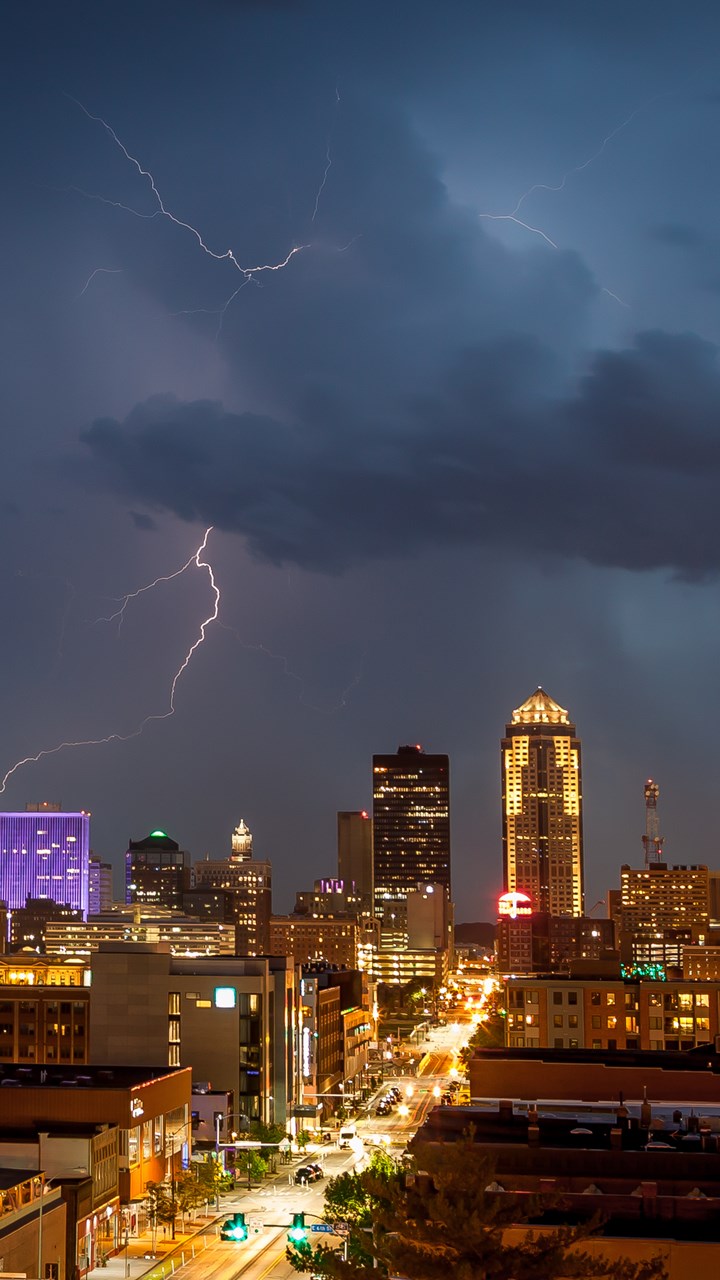Donations
Your help is often needed and appreciated during a disaster. However, following a disaster, large amounts of donated goods converging in one place can be challenging to organize, and do not always meet the needs of the community. To maximize your generosity, we ask that you follow these nationally recognized practices on how to support impacted communities following a disaster.
Monetary donations are the most effective method of helping survivors. It offers the most flexibility in obtaining the resources truly needed and can boost the local economy. Take time to research organizations taking monetary donations.
Unsolicited donated goods, such as used clothing, household items, and mixed or perishable food may not be needed. Donated goods must be sorted, packaged, transported, warehoused, and distributed and may not be what is truly needed. This takes limited and valuable resources away from meeting the needs of disaster survivors.
Disaster Recovery Fund
The Disaster Recovery Fund (DRF) was created to provide a collaborative opportunity for donors to help address both immediate and long-term unmet needs in Greater Des Moines that extend beyond a single disaster. It was created to supplement, not replace, existing resources and services provided by nonprofits and local, state and federal agencies. The DRF is focused on providing grants that reduce the economic and health impacts on vulnerable populations.
To make a contribution to the DRF, please visit: https://www.desmoinesfoundation.org/nonprofit-resources/disaster-recovery-fund

The DRF Coordination Team consists of the Community Foundation of Greater Des Moines, United Way of Central Iowa, Polk County Emergency Management Agency, American Red Cross- Central Iowa Chapter, IMPACT, Polk County and Community Family and Youth Services- Polk County. The group engaged in conversation with nonprofit organizations and other services providers through a series of meetings in late 2019 to lay the groundwork for disaster challenges.
Consider Giving to the Disaster Recovery Fund by finding out more HERE.
Understandably, people feel compelled to help in any way they can in the aftermath of a major disaster, driven by images and stories that they see in the media and in their social feeds. But what many don’t understand is that the vast majority of goods that get donated can be procured much more efficiently and cheaply from local sources. Giving cash is best.
